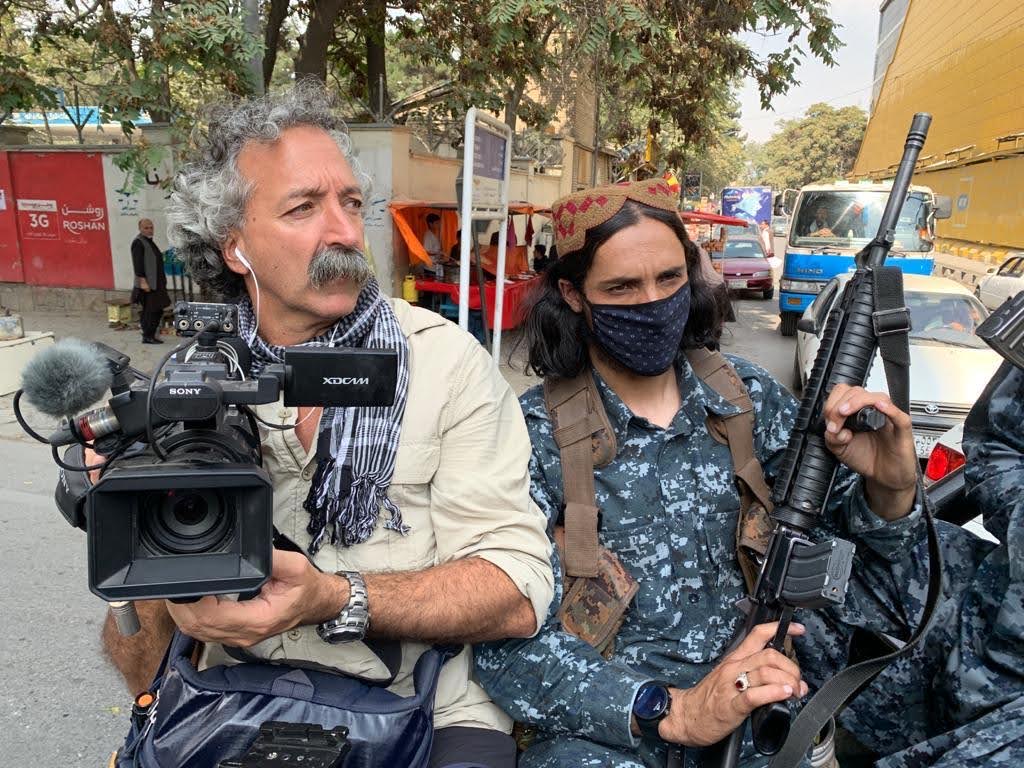
British Author Alan Shadrake has been arrested in Singapore for writing a book critical of the city state’s use of the death sentence. Ben Bland reports on the city-states suppression of free speech
Over the last couple of decades, the government of Singapore has crafted a sophisticated system of soft repression. The aim is to silence critics and promote self-censorship in the media and the population at large, while not damaging relations with the international trading partners that are vital to the city-state’s economy.
Given the skill with which the ruling People’s Action Party has performed this fine balancing act, the latest repressive move appears somewhat out of kilter.
On Sunday morning, Singapore police arrested Alan Shadrake, a 75-year-old British writer, in connection with an investigation into alleged criminal defamation and other offences.
Shadrake was in the Southeast Asian city-state to promote his highly critical new book on the uneven use of capital punishment in Singapore, Once a Jolly Hangman: Singapore Justice in the Dock.
The government regularly refuses to release statistics about the death penalty and the book, which the publishers claim “cuts through the façade of official silence to reveal disturbing truths about Singapore’s use of the death penalty”, has clearly ruffled some feathers.
The attorney general’s office, which has taken legal action against newspapers such as the Wall Street Journal for even mild criticism of the judicial system, is also seeking to bring contempt of court charges against Shadrake.
At time of writing, Shadrake remained in police custody (though there are reports of a release on bail emerging). If found guilty of criminal defamation, he could face up to two years in prison and a large fine.
Singaporean human rights lawyer M Ravi, who said he is acting for Shadrake, said that the government’s use of the criminal defamation law, which is meant to protect the reputations of individuals and companies, was “hysterical”.
“The police told me they are keeping him for further investigations,” Ravi said. “They have not finalised charges against him so I won’t be allowed access for the moment.”
Yet, strangely, given the seriousness of the charges facing Shadrake, Singapore’s Media Development Authority, which controls censorship and made the police complaint that led to Shadrake’s arrest, insists that it has not banned his book.
The book was withdrawn from sale in one of Singapore’s biggest book shops after the MDA told the retailer that it may want to seek legal advice to ensure that it did not contravene Singapore’s laws.
But, apparently, it will still be available in Singapore’s National Library to reference readers, although it cannot be borrowed.
Putting such obfuscation aside, Singaporean activists suggest that Shadrake’s arrest is designed to take the steam out of the growing anti-death penalty movement.
Although civil society organisations remain weak in the tightly-controlled city-state, the anti-death penalty movement has coalesced around a campaign to save Yong Vui Kong, a 22-year-old Malaysian drug mule who is facing a mandatory death sentence after being convicted of trafficking heroin.
Ravi, who is also acting for Yong, said that Shadrake’s arrest will have a “chilling effect on society and activists and therefore it will have an impact on the anti-death penalty campaign.”
The day before he was arrested, Shadrake told Agence France-Presse that he felt the authorities would not take action against him.
“’If they do anything, it’ll just draw more attention to it all, and they have no defence,” he said.
The detention of the 75-year-old writer has attracted adverse publicity in various news outlets around the world.
But, within Singapore, the government’s heavy-handed approach will send a clear warning that those who dare to engage in research and debate about sensitive issues such as the death penalty risk severe consequences.
Ben Bland is a freelance journalist who covers Southeast Asia. He blogs at www.asiancorrespondent.com/the-asia-file.





